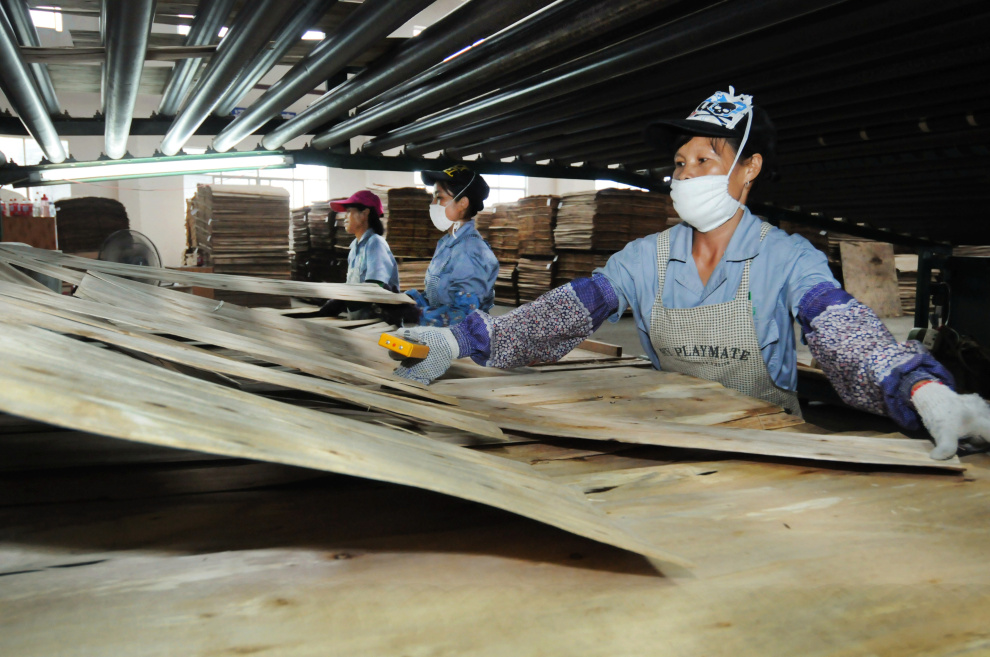
Vietnam faces 134% margin; Indonesia 203% in trade petition targeting subsidized plywood exports.

Vietnam faces 134% margin; Indonesia 203% in trade petition targeting subsidized plywood exports.
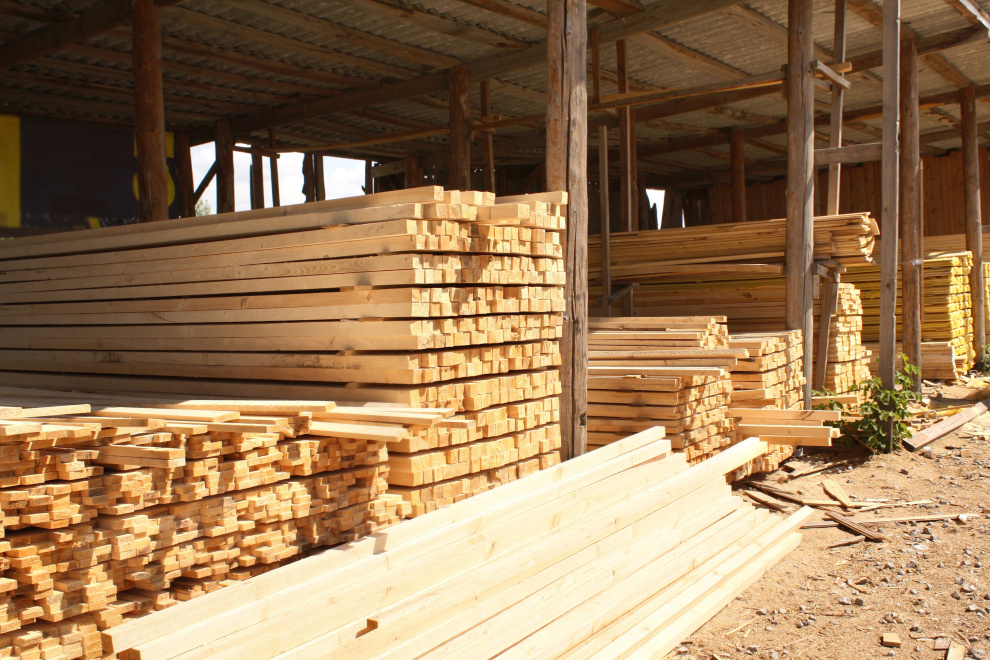
Lumber and wood product prices lead April downturn in Canada's industrial goods index.
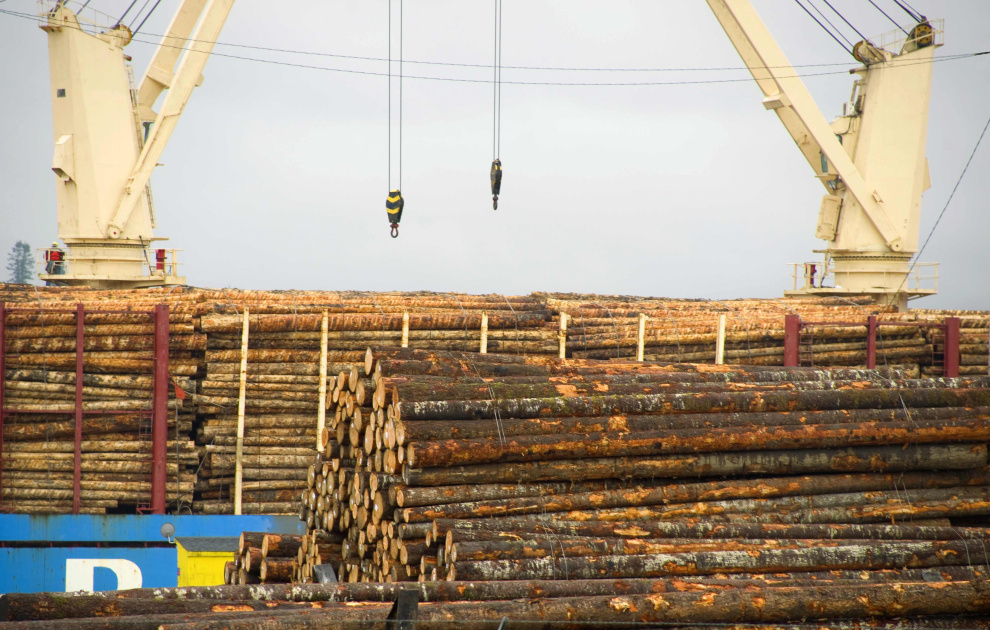
Export price climbs 45% year on year to record high as China maintains import suspension.
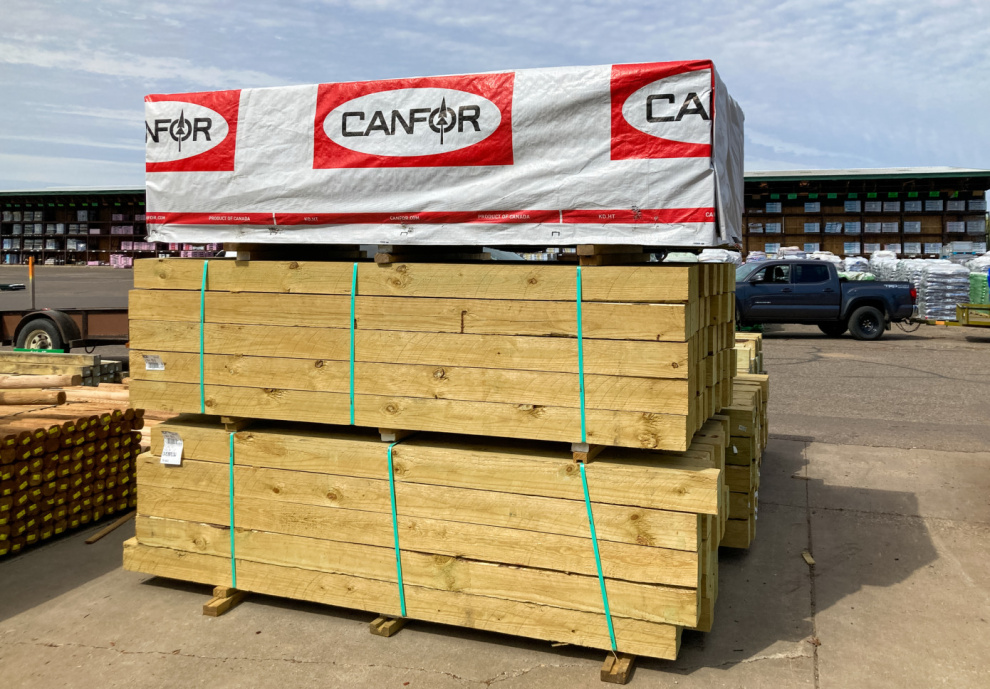
Western SPF 2x4 #2&Btr lumber price increases 13% amid supply constraints and tariff uncertainty.
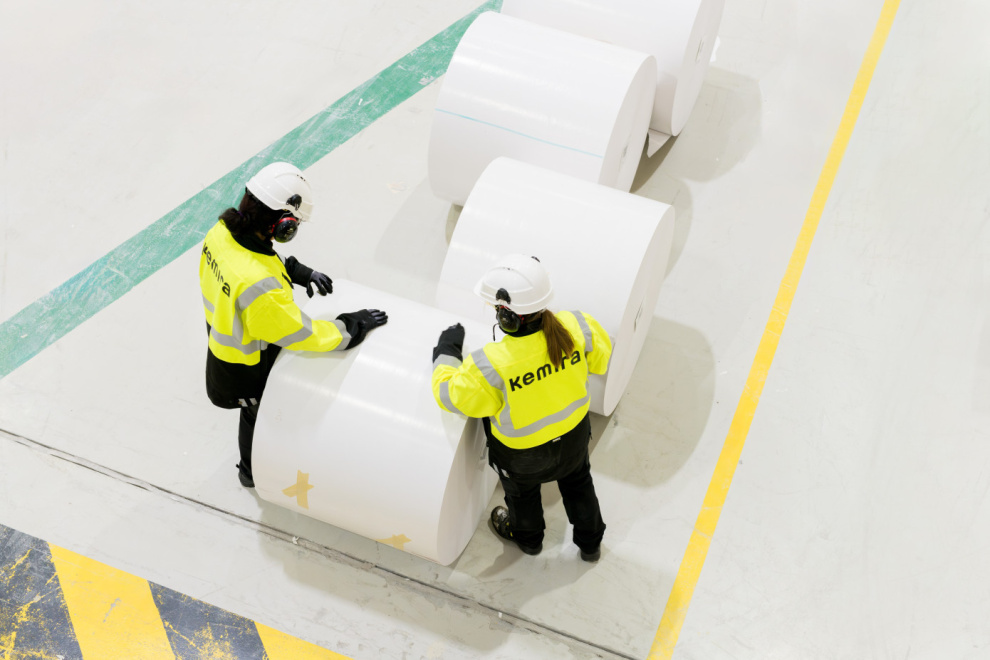
This measure responds to significant increases in external costs driven by recent global trade policies.
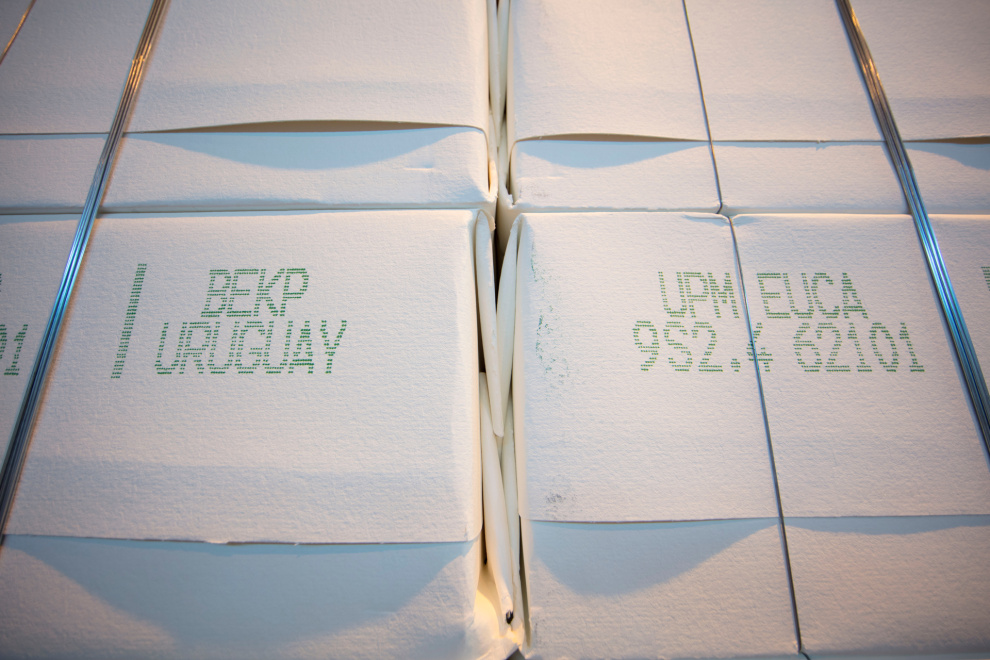
Finnish mills remain profitable despite high wood costs; comparable EBIT falls 14% to Euro 287 million.

New U.S. proposal includes 35% levy for non-strategic imports and over 100% for strategic goods.
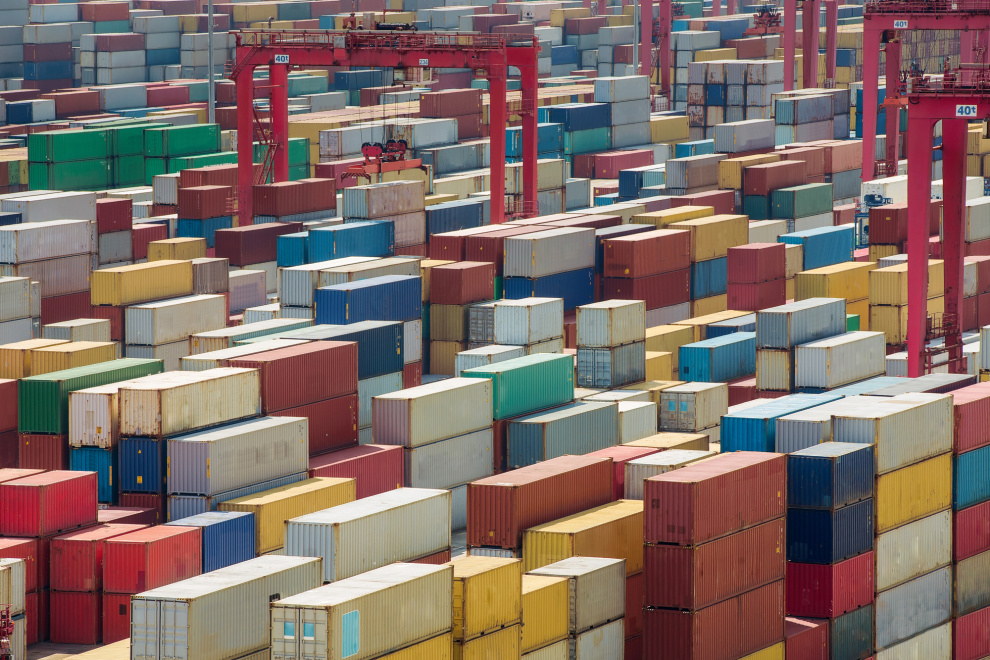
Mexico sees largest downgrade among major economies with a 0.3% contraction projected.
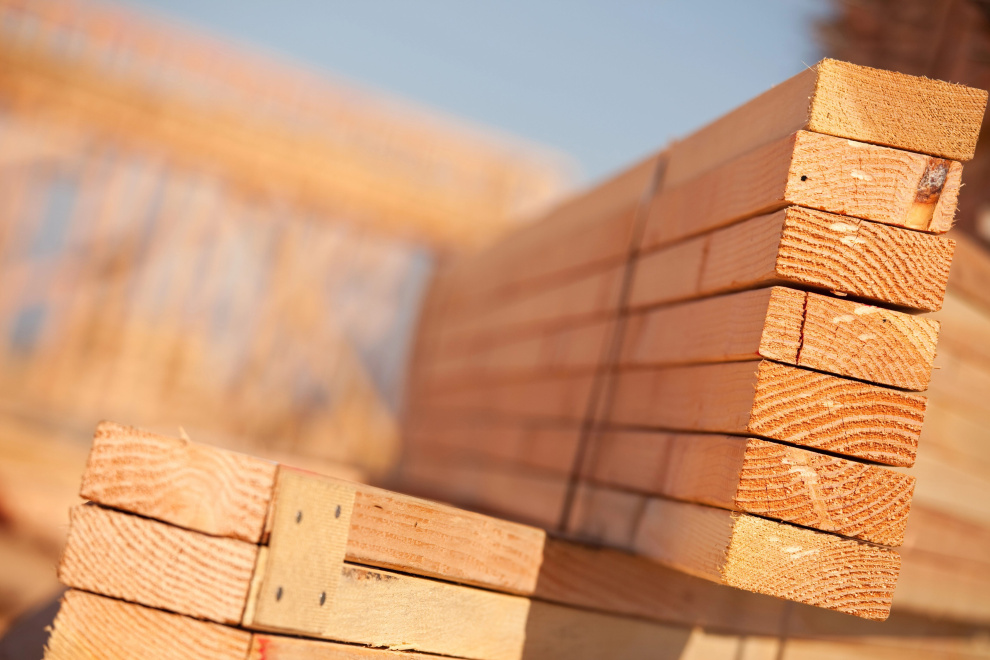
Lumber segment posts $66 million in adjusted EBITDA as U.S. tariffs pressure outlook.

U.S. ranks sixth by volume before China suspended U.S. log imports in early March.

The new price is valid from May 1, 2025.

Producer prices drop 2.5% while furniture factories suspend operations amid 125% export tariffs.

Furniture demand drives OSB and particleboard growth while exports fall and investment remains weak.
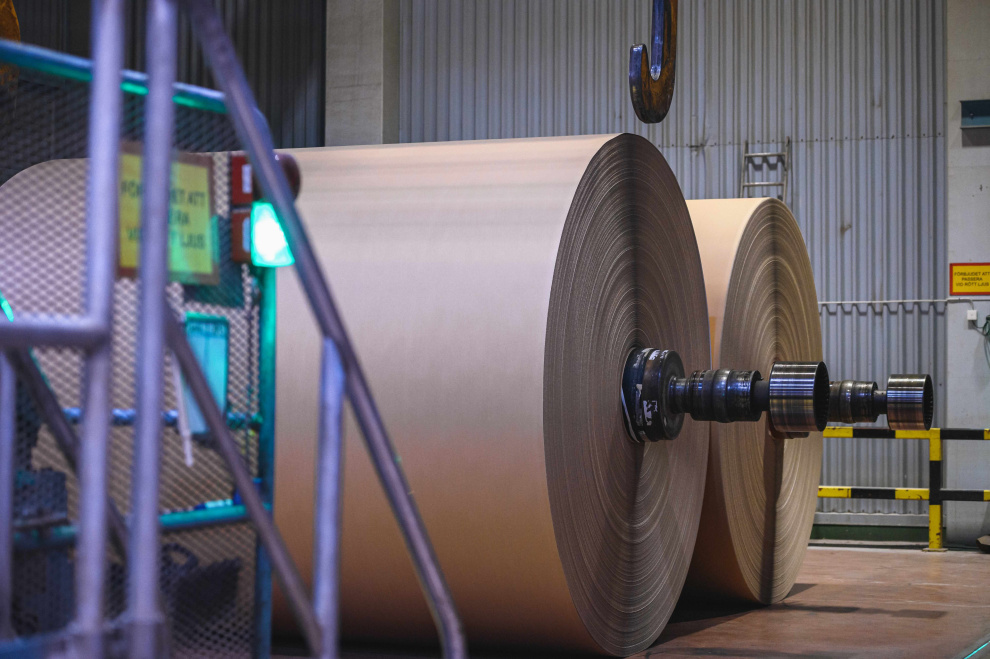
Sector supports 140,000 jobs and makes up 9–12% of Sweden’s industrial economy.
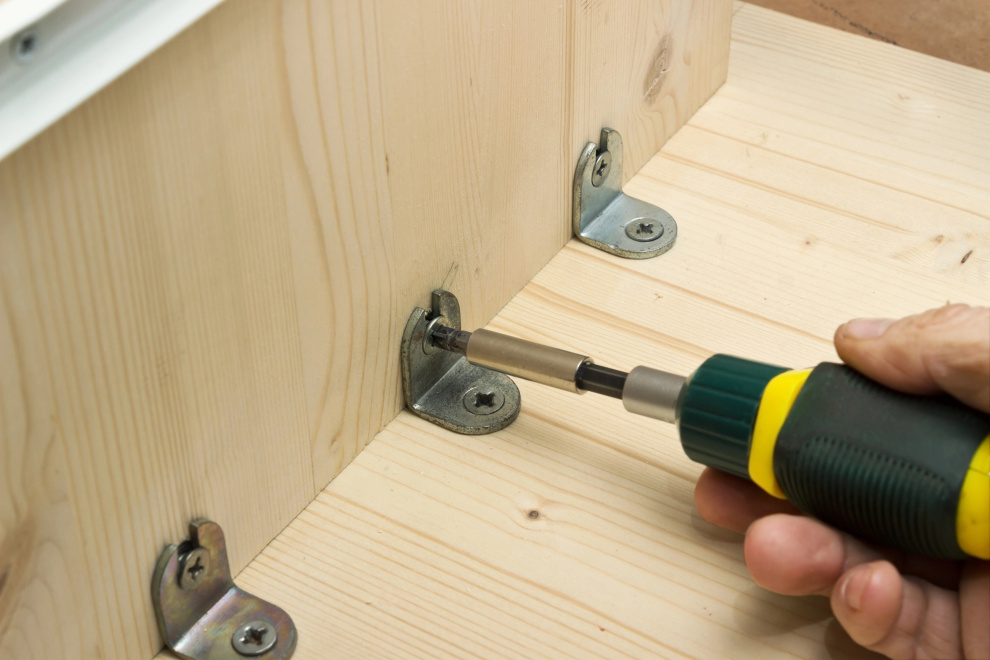
Factories using local acacia wood face order cancellations as Vietnam ranks third in U.S. trade deficit.

Evolutions Flooring Inc. and its owners, Mengya Lin and Jin Qian, have agreed to resolve allegations that they violated the False Claims Act by knowingly and improperly evading customs duties on imports of multilayered wood flooring from China.
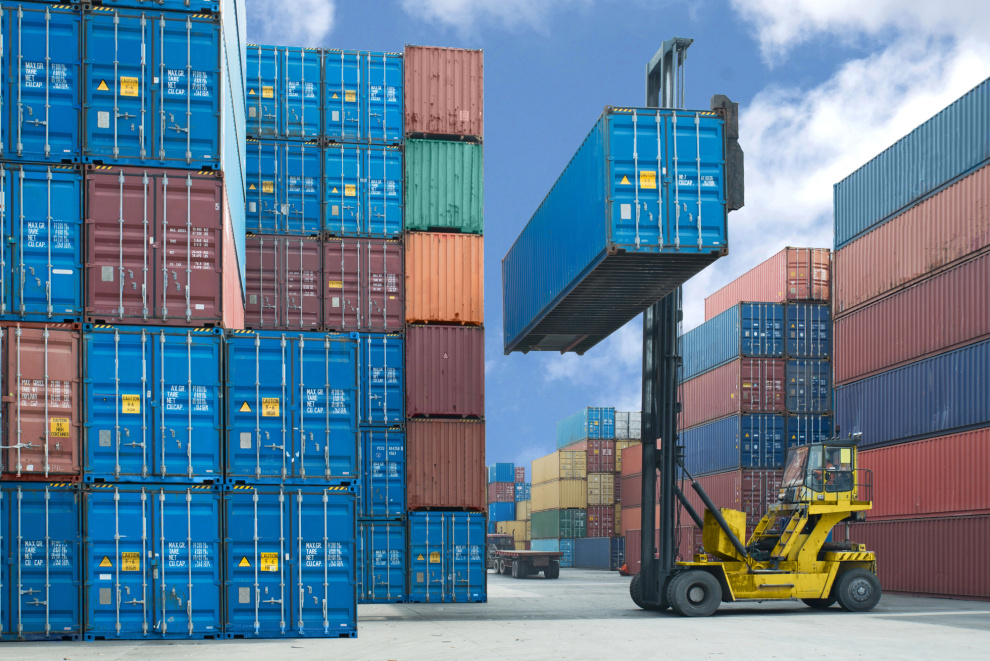
Country-specific duties include 34% on Chinese goods, 24% on Japanese products, and 20% on EU imports.
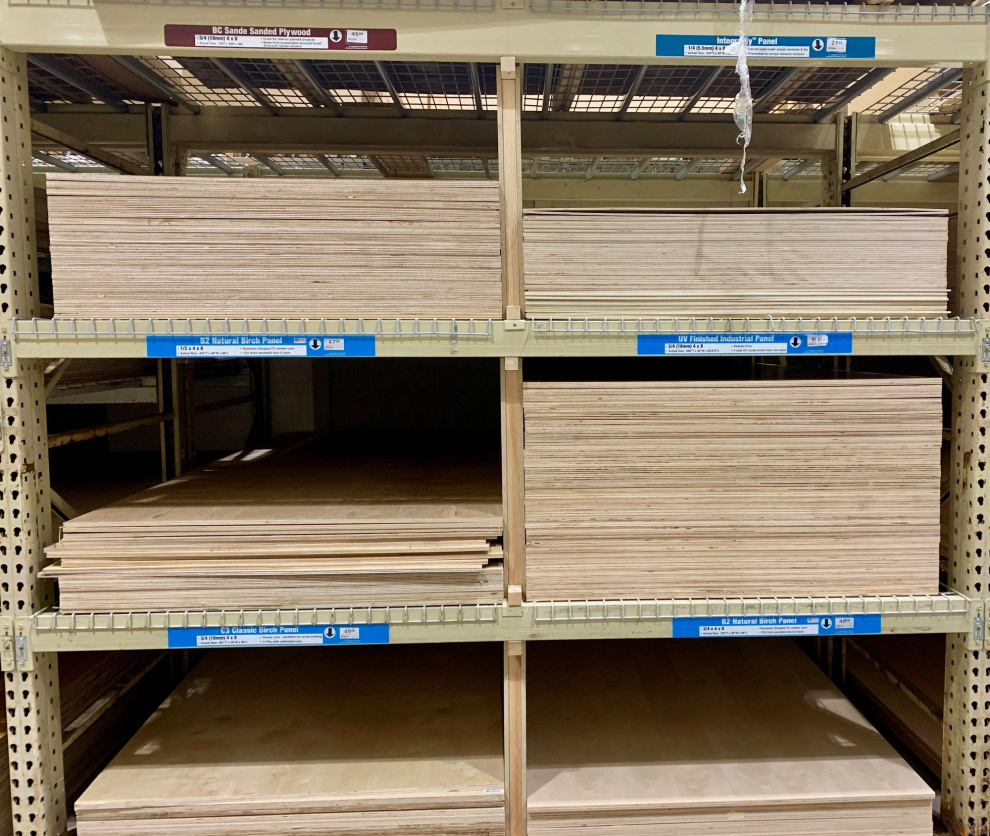
Birch plywood imports from Vietnam and Indonesia, where birch trees are not grown, raise concerns about unfair trade practices and environmental harm, says Decorative Hardwoods Association.
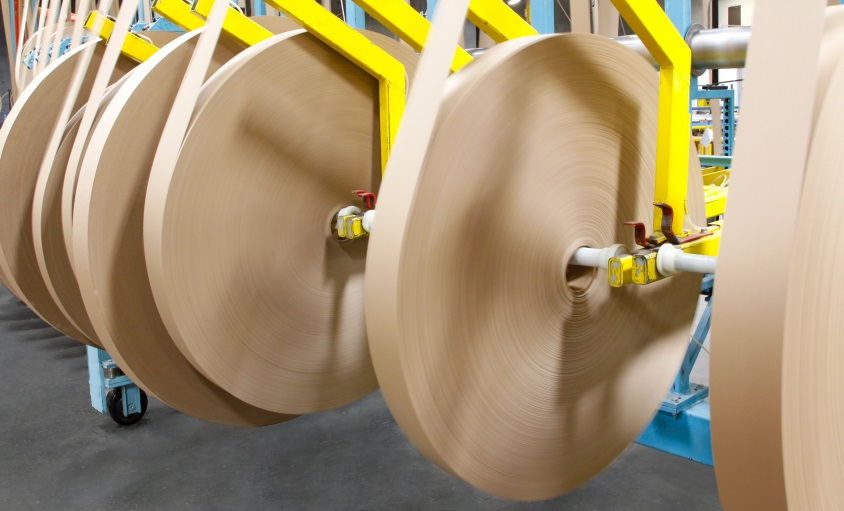
The uncoated recycled paperboard increase is effective with new orders and shipments on and after April 21, 2025. The tube and core and protective packaging increase is effective with shipments on and after April 28, 2025.
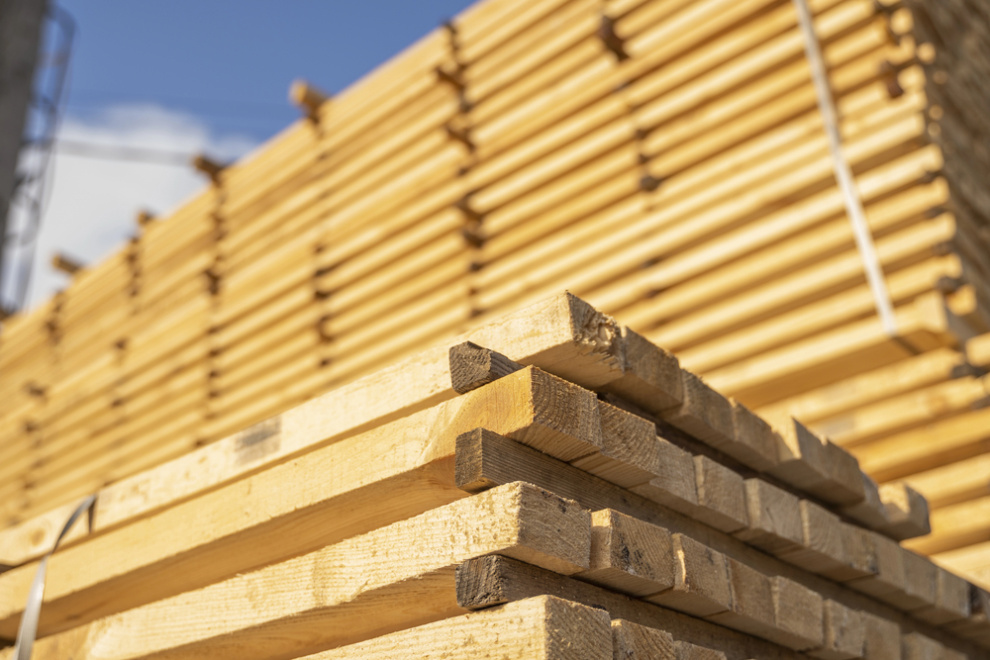
Funding supports kiln installation, equipment upgrades, and expanded production across key facilities.